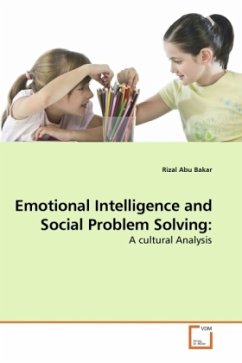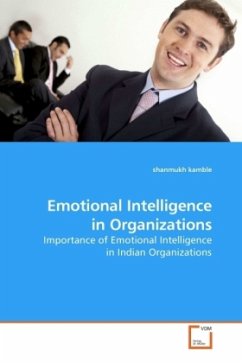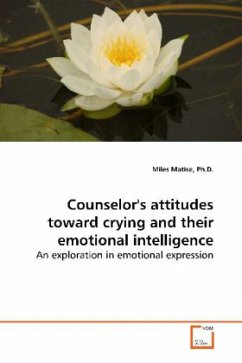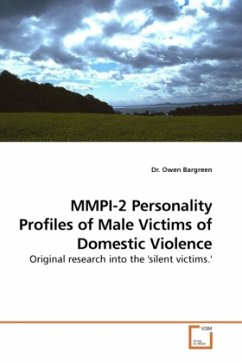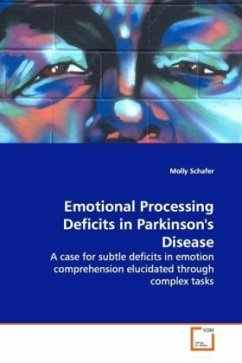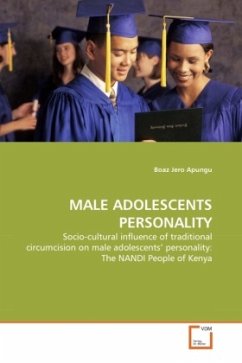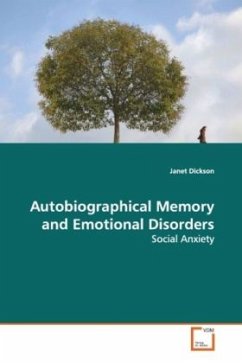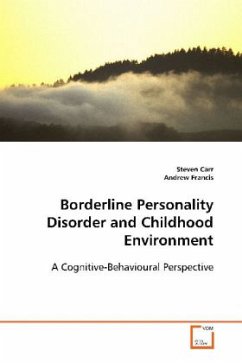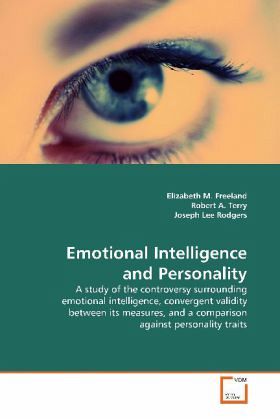
Emotional Intelligence and Personality
A study of the controversy surrounding emotional intelligence, convergent validity between its measures, and a comparison against personality traits
Versandkostenfrei!
Versandfertig in 6-10 Tagen
32,99 €
inkl. MwSt.

PAYBACK Punkte
16 °P sammeln!
Emotional intelligence (EI) has become an activetopic among researchers. Such attention has increasedawareness of EI but also fueled controversy. Much ofthe conflict has focused on the multiple definitionsof EI. This dilemma introduces issues of convergentvalidity and questions about discriminant validitybetween EI and similar constructs such aspersonality. The purpose of this study was to exploresome of these controversial issues. Participants inthe study provided responses on three instruments:the MSCEIT, EQ-i, and 16PF. Discriminant validitybetween EI and personality factors was examined by...
Emotional intelligence (EI) has become an active
topic among researchers. Such attention has increased
awareness of EI but also fueled controversy. Much of
the conflict has focused on the multiple definitions
of EI. This dilemma introduces issues of convergent
validity and questions about discriminant validity
between EI and similar constructs such as
personality. The purpose of this study was to explore
some of these controversial issues. Participants in
the study provided responses on three instruments:
the MSCEIT, EQ-i, and 16PF. Discriminant validity
between EI and personality factors was examined by
comparing results from the two EI questionnaires with
the personality inventory. Convergent validity of the
two EI measures was also assessed, and gender
differences were explored. The MSCEIT was found to
measure components of EI separate from personality,
whereas the EQ-i was determined to measure EI
competencies that are related to and influenced by
personality. The MSCEIT and EQ-i were also found to
measure entirely different concepts from each other,
and no gender differences were detected. Implications
of these findings and suggestions for future research
are discussed.
topic among researchers. Such attention has increased
awareness of EI but also fueled controversy. Much of
the conflict has focused on the multiple definitions
of EI. This dilemma introduces issues of convergent
validity and questions about discriminant validity
between EI and similar constructs such as
personality. The purpose of this study was to explore
some of these controversial issues. Participants in
the study provided responses on three instruments:
the MSCEIT, EQ-i, and 16PF. Discriminant validity
between EI and personality factors was examined by
comparing results from the two EI questionnaires with
the personality inventory. Convergent validity of the
two EI measures was also assessed, and gender
differences were explored. The MSCEIT was found to
measure components of EI separate from personality,
whereas the EQ-i was determined to measure EI
competencies that are related to and influenced by
personality. The MSCEIT and EQ-i were also found to
measure entirely different concepts from each other,
and no gender differences were detected. Implications
of these findings and suggestions for future research
are discussed.



